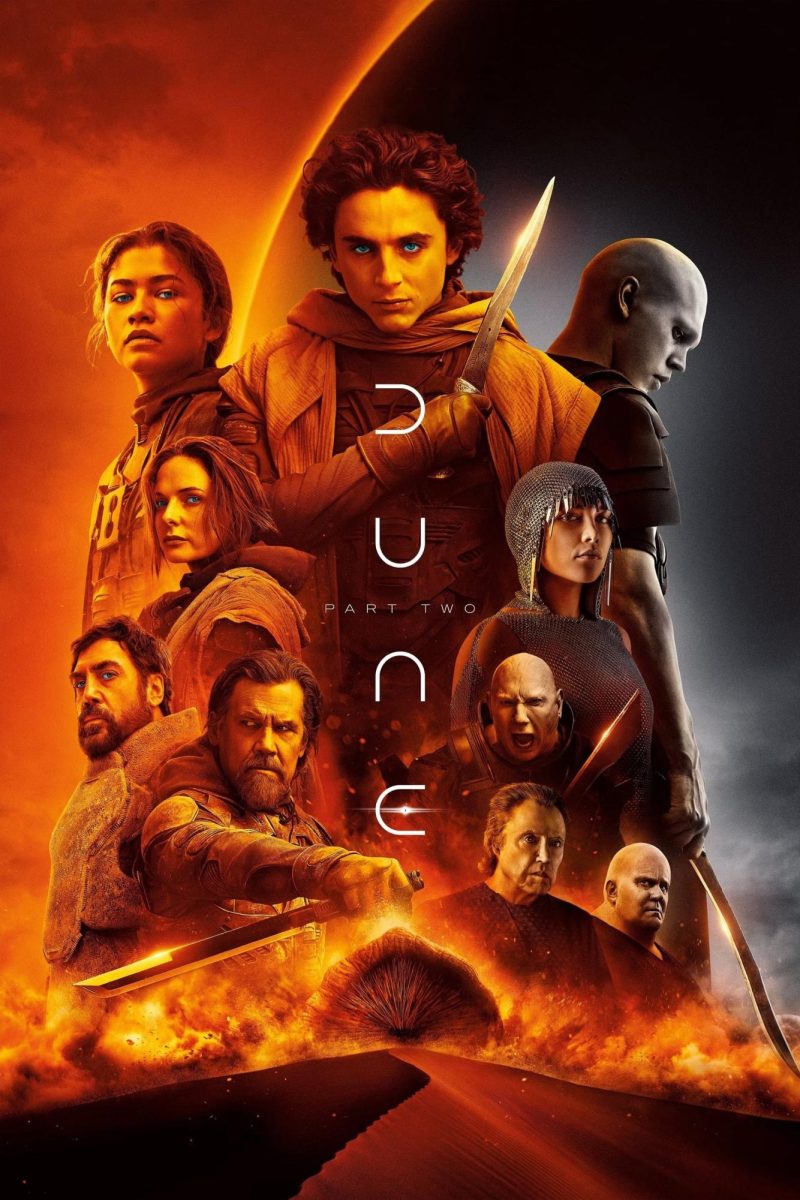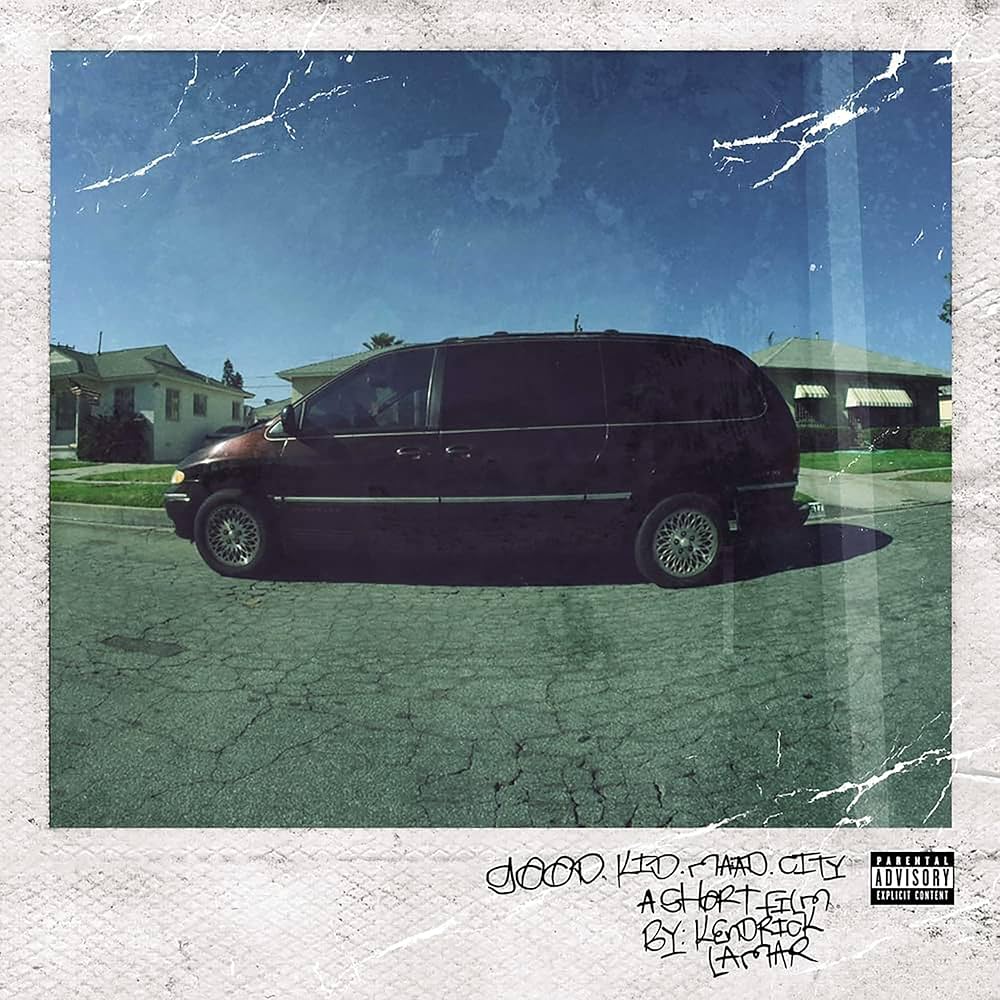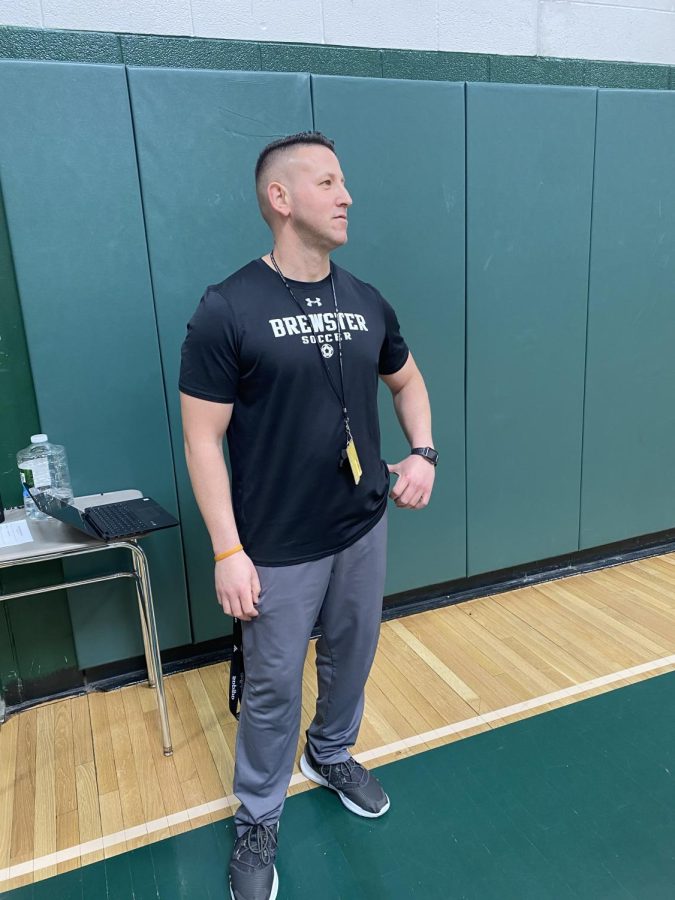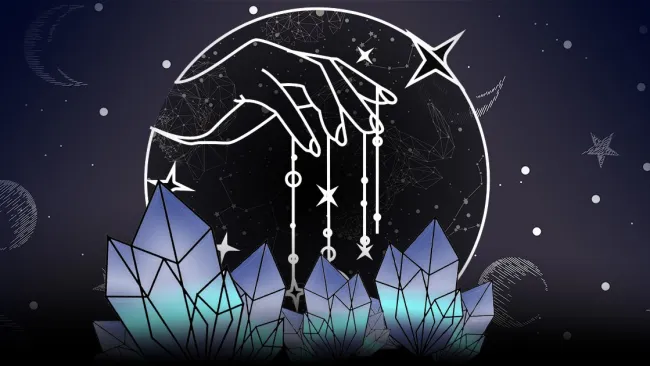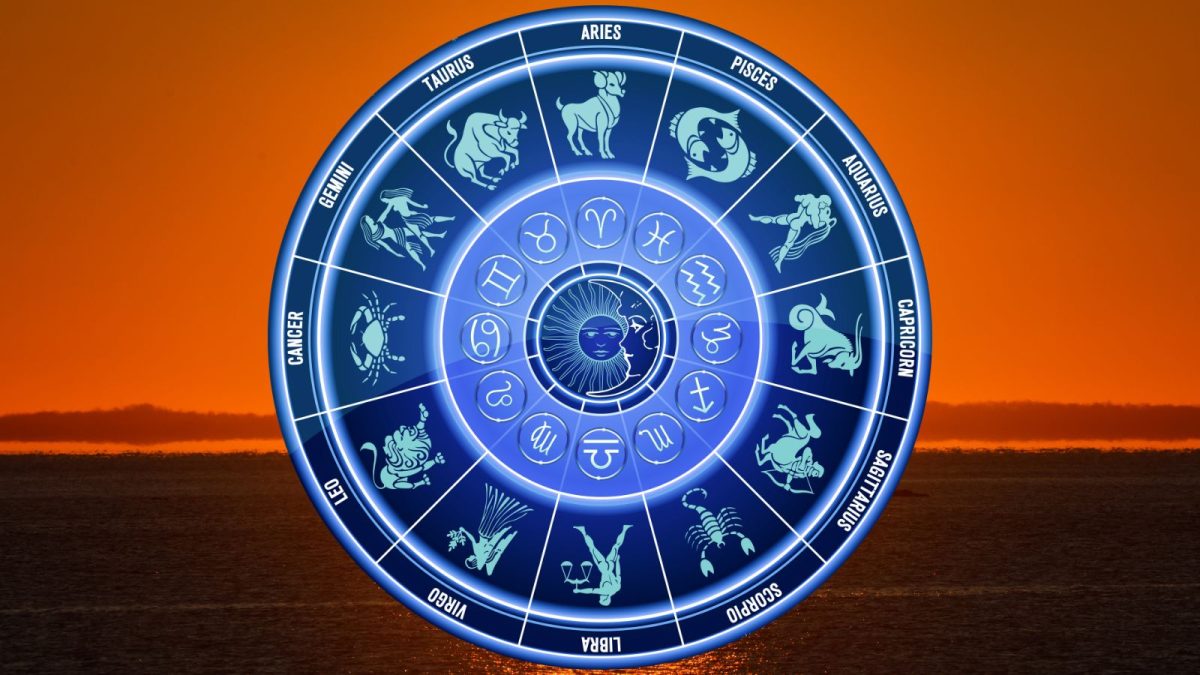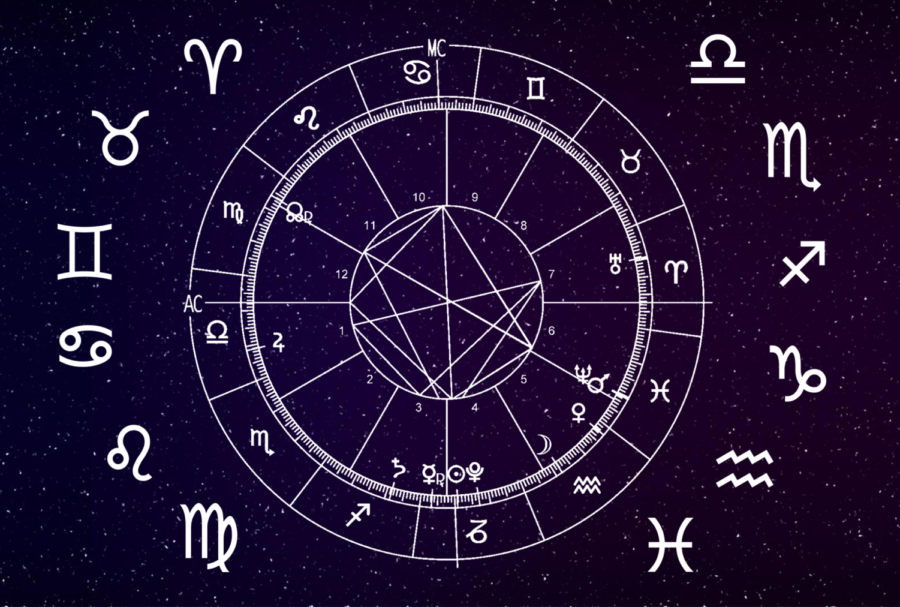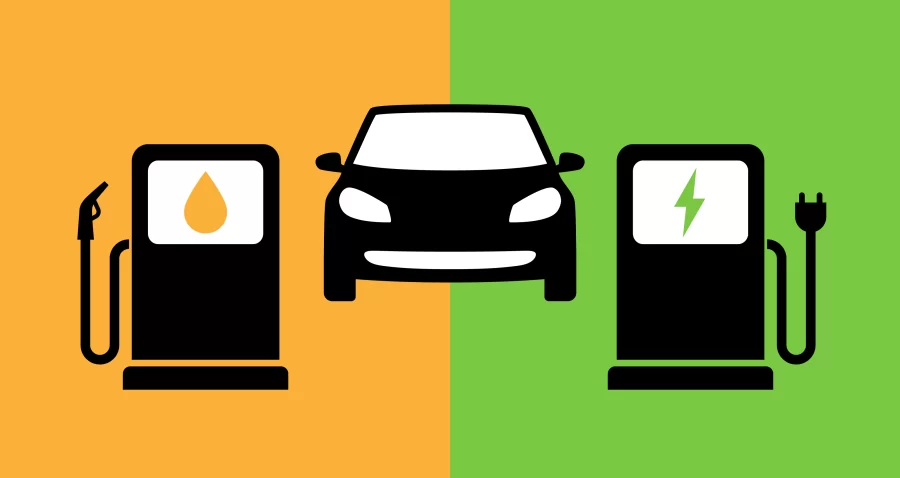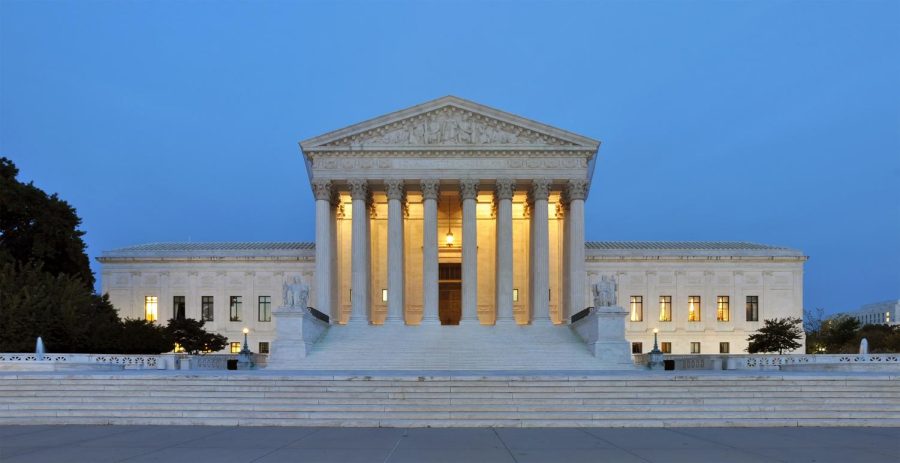Point/Counterpoint: Should Roe v. Wade Be Overturned or Upheld?
June 14, 2022
Overturned: January 22nd, 1973 — the Supreme Court ruled in favor of “Jane Roe” (a pseudonym for Norma McCorvey) holding that women in the United States had a right to privacy in terms of abortion. This decision struck down Texas’ total ban of abortion, as it was now unconstitutional. Since then, Roe v. Wade has become a popular subject in media, appearing every so often in newspapers and magazines when the topic of abortion was discussed. More recently, it has become the focus of all news outlets due to a leaked SCOTUS report, saying a re-vote to invalidate the precedent has taken place. This re-vote is completely legal, and I do hope that Roe v. Wade is overturned. Let us first turn to the facts.
Many who are against the re-vote argue that the Supreme Court is abusing their power by trying to overturn this law since that is typically regarded as a Congressional power. This is false. Roe v. Wade isn’t Congressional law – it’s case law. SCOTUS law is an interesting topic that has many moving parts to it, but boiled down, it’s all about precedent. As an example, Plessy v. Ferguson was the court case that declared “separate but equal” was constitutional in 1896. The precedent set by this case allowed segregation in the South and stood for fifty-eight years. During that time, “separate but equal” was the supreme law. However, as we know, this ruling was challenged by Brown v. Board of Education, which ordered the desegregation of public schools. The precedent of “separate but equal” was then struck down and invalidated, as it was now unconstitutional. This same principle can be applied to Roe v. Wade. As of today, the Supreme Court has several pending cases about abortion, the most notable being Dobbs v. Jackson Women’s Health, an argument about the legality of a fifteen week cap on abortion rights in Mississippi. Although not confirmed by the leaked report or by Chief Justice John Roberts, it is highly likely that this is the case that will determine whether or not the precedent set by Roe v. Wade is constitutional or unconstitutional. The final decision for Dobbs v. Jackson is expected to be announced this June.
Others who are against the invalidation of Roe v. Wade say it would criminalize abortion in the United States. This is also false. The tenth amendment of our Constitution ensures that “the powers not delegated to the United States by the Constitution, nor prohibited by it to the States, are reserved to the States respectively, or to the people,” (U.S. Const., Amendment X). If Roe v. Wade was overturned, the right to privacy regarding abortion would ultimately return to the states. This would not federally criminalize abortion, nor would it create a total ban either. Each state would be allowed to create their own legislation regarding abortion, meaning it would still be readily available in several states.
After establishing the legality of striking down Roe v. Wade, it is time to call into question the morality of precedents of the controversial case and the justification for terminating life without regard to any sort of pain inflicted. Since 1973, technology has been developed, and professional opinions about topics regarding abortion have become more educated as the years have progressed. Prior to the 1990s, babies were operated on without anesthetics, so at the time, abortion was deemed as safe for unborn babies and somewhat ethical – after all, the public was under the impression that the procedure would be painless. It wasn’t until 1987 (fourteen years after Roe v. Wade) that the American Academy of Pediatrics declared that “there is an increasing body of evidence that neonates, including those born pre-term, demonstrate physiologic responses to [pain] that are similar to those demonstrated by adults,” (Committee on Fetus and Newborn). Of course, with more developed technology, the majority of people have widely agreed as to the degree that babies feel pain once they reach 20 to 24 weeks (five to six months). However, recent studies “point towards an immediate and unreflective pain experience mediated by the developing function of the nervous system from as early as 12 weeks [of the pregnancy],” (Derbyshire & Bockmann). Simply put, the rulings of Roe V. Wade are outdated and were made with incorrect assumptions about the very demographic abortion damages the most – unborn babies. With more accurate readings on when babies can perceive pain, we as a society can reevaluate the harm caused by obsolete precedents such as Roe v. Wade.
Roe v. Wade is a sensitive topic with just about everyone. No two people have the same opinion on it, but it is clear that the precedent set by the decision is no longer valid. Science has evolved since 1973, and it is high time that we do so as well, starting with this case.
Upheld: Abortion is a topic rarely talked about so let’s start at the beginning. Roe v. Wade was a landmark court case brought up by a single pregnant woman in Texas who felt that she couldn’t raise the child she was carrying. The case was eventually ruled in favor of Roe who was actually Norma McCorvey and the decision was made that women had a “right to privacy” pertaining to abortion. This case is still relevant today and it always will be as it pertains to the rights of half the population. Abortions have always been a controversial topic as all women’s rights are. Abortions are a medical procedure that terminate the contents of the uterus and it is a relatively safe medical procedure but it gets more dangerous the farther along the pregnancy is. Most procedures are non invasive and happen early in the pregnancy, before 11 weeks of pregnancy usually. Once a woman learns and decides on abortion, she has an option. There’s an abortion pill or an actual medical procedure and normally the abortion pill is used. One thing that some people don’t seem to grasp is that if an abortion is happening after 25 weeks—which is more than halfway through the pregnancy— then there is a really good reason. It could be because carrying the child to term could kill the mother, or it could be because of a more heartbreaking reason like the infant doesn’t have a brain stem which is called Anencephaly and babies rarely survive more than one day after birth without it. There is always a reason for abortion, and we need to remember that.
Banning abortions doesn’t stop abortions, it just stops safe abortions. Roe v. Wade might be overturned and it will not have the intended consequence lawmakers want it to. Making abortions illegal will not stop abortions. It hasn’t in the past and it will not now. If a woman is determined the have an abortion, she’s going to have one and that can come with enormous consequences including pelvic sepsis, hemorrhage, renal failure, and so much more. The Detroit News reported that a 16 year boy beat his pregnant underage girlfriend with a bat at her request to abort the fetus. Rebecca Bell was 17 when she got pregnant, had an unsafe abortion because she couldn’t access a safe abortion, and she died from a fatal infection caused by the unsafe abortion. Clara Bell Duvall died after trying to perform an unsafe abortion on herself, Ruth Irene Friedl, Rosie Jimenez, Geraldine Santoro, Vivian Campbell. The list goes on and on. Banning safe abortions is not the solution, if a woman wants to have an abortion, she is going to have one at great risk to her own life. These women are proof of that and yet this is still an argument. Unsafe abortions result in complications for about 7 million women every year and it is one of the leading cases of deaths during pregnancies and childbirth. Most of these unsafe abortions happen because of the exact situations the Supreme Court is trying to create: people don’t have access to safe abortions and they don’t have the enormous health infrastructure we have here in the United States. We have the ability to provide safe abortions to women who are taking responsibility for their situations yet we choose not to. There is no legal reason to be banning abortions nevertheless. The fetus cannot survive without their mother therefore they are not technically alive.
Roe v. Wade established a precedent, women’s rights are human rights but they forget a stipulation. It’s only a human right if the government says it is. They’re prioritizing a clump of cells over the life of women who can live independently and I cannot condone that. Abortions are a safe and responsible decision than the alternative, to bring a child into a life that isn’t wanted where they don’t have what they need to thrive. Lawmakers are prepared to force women to have a child when they might not have a stable job, or a stable place to live, or food on the table. Right now, the Supreme Court is making a choice. They would prefer children to starve and be enrolled into the foster care system which already has too many kids to accommodate and a history of abuse rather than make the decision to avoid that outcome.
Things are changing in the world. Abortion should not be one of them, women’s rights are not one of them. You got the vote, but you lost one of your rights as a woman. Abortions cannot be stopped but they can be made safe and if we have that option, why wouldn’t we take it? Banning abortions is not the solution: it’s the problem and when the death toll rises if Roe v. Wade is overturned don’t be surprised, it’s just history repeating itself.
























































